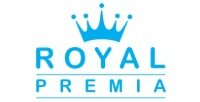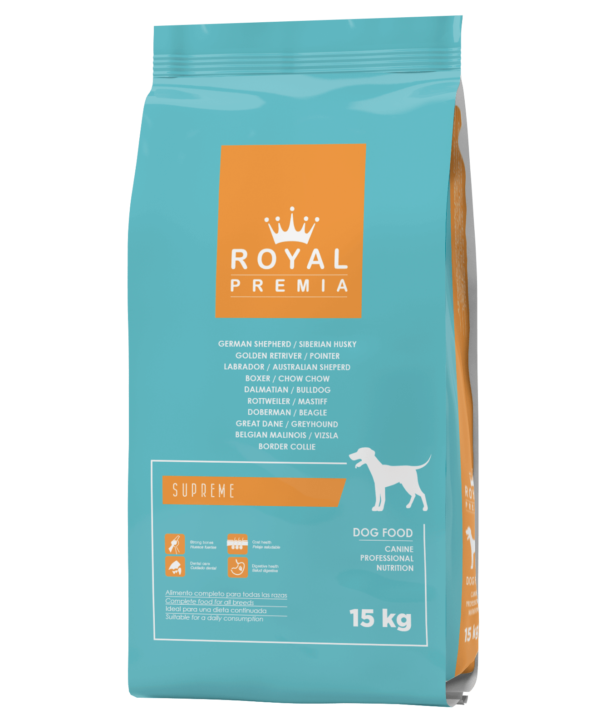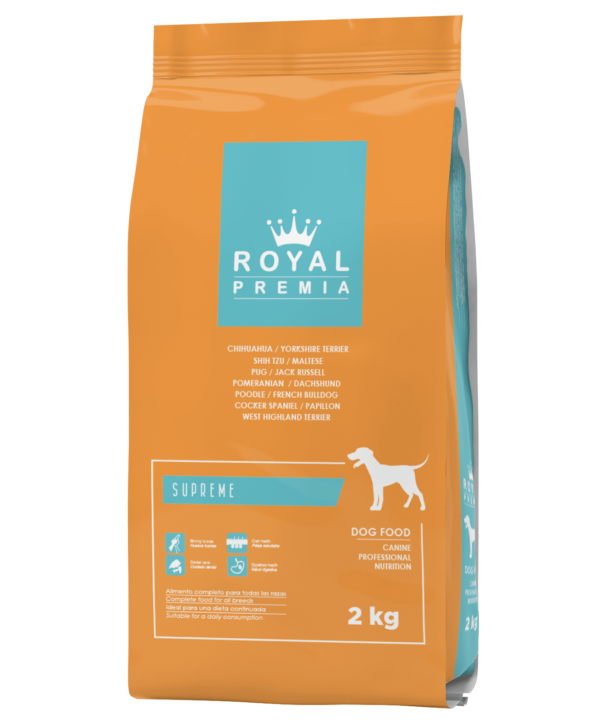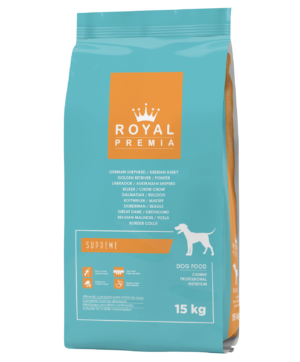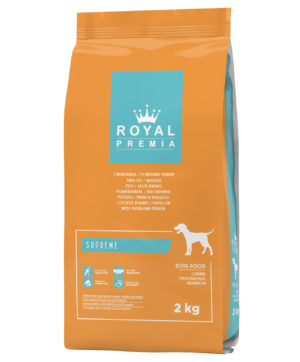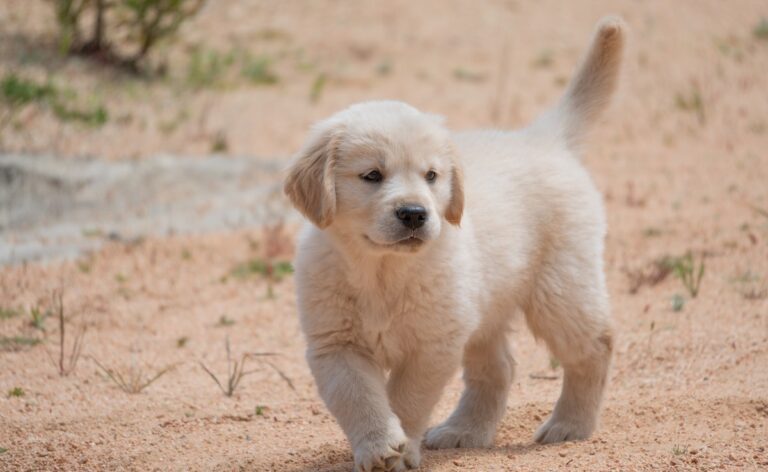Essential Nutrients for The Dogs
As a loving dog owner, it’s essential to provide your furry friend with a well-balanced and nutritious diet. Dogs require a proper mix of nutrients to maintain optimal health and vitality.
In this, we’ll explore the key aspects of dog nutrition and how to ensure your canine companion gets the right nutrients for a happy and healthy life.
Understanding the Basics
Your dog’s nutrition needs are influenced by various factors, including age, size, breed, and activity level. However, some fundamental principles apply to all dogs:
Proteins: Proteins are the building blocks of your dog’s body and are vital for muscle development and repair. Look for high-quality animal-based proteins like chicken, beef or fish in your dog’s food.
Carbohydrates: Carbs provide energy to fuel your dog’s daily activities. Opt for whole grains like brown rice or sweet potatoes instead of fillers like corn or wheat.
Fats: Healthy fats support your dog’s skin, coat and overall well-being. Sources such as fish oil or flaxseed are excellent choices.
Vitamins and Minerals: These micronutrients are essential for various bodily functions and play a crucial role in your dog’s immune system.
Feeding Puppies
Puppies have unique nutritional needs for their rapid growth and development. A high-quality puppy food formula should be rich in proteins and fats to support their active lifestyle. Follow the feeding guidelines on the food label and divide their daily portion into several small meals.
Feeding Adult Dogs
Once your dog reaches adulthood (around 1-2 years, depending on the breed), you can switch to adult dog food. Be mindful of their activity level and adjust the portion size accordingly. Regular exercise is essential to maintain a healthy weight and prevent obesity.
Feeding Senior Dogs
As your dog ages, their metabolism and activity level may decrease. Consider switching to a senior dog food formula that supports joint health and is lower in calories. Senior dogs may benefit from more frequent vet check-ups to monitor their health.
Water, Hydration and Treats
Always ensure your dog has access to fresh, clean water. Hydration is essential for their overall health. While treats can be a fun way to reward your dog, be mindful of the calorie content and avoid overindulging, as it can lead to weight gain.
Consulting with a Veterinarian
Every dog is unique, and their nutritional needs can vary. It’s always a good idea to consult with your veterinarian to create a personalized nutrition plan for your dog. They can recommend the best food type, portion size and supplements if necessary.
Overall
Feeding your dog a nutritious diet is one of the most important aspects of being a responsible pet owner.
By understanding your dog’s specific nutritional needs and providing them with high-quality food, you’ll ensure they live a happy and healthy life by your side. Remember, a well-fed dog is a happy dog!
Royal Premia Dog Food
-
Basic Adult Dry Dog Food 15kg All Medium and Large Breeds
-
Basic Adult Dry Dog Food 2kg All Small Breeds
-
Supreme Dry Dog and Puppy Food 15kg All Medium and Large Breeds
-
Supreme Dry Dog and Puppy Food 2kg All Small Breeds
Frequently Asked Questions
Is it okay for my dog to be a picky eater?
Some dogs can be picky eaters, which might be due to various reasons. Ensure you are offering high-quality food and not overfeeding them with treats. If your dog’s picky eating becomes a concern, consult your vet to rule out any health issues.
How can I prevent my dog from becoming overweight?
Maintaining a healthy weight is crucial for your dog’s overall well-being. Provide regular exercise and avoid overfeeding or giving excessive treats. If your dog is prone to weight gain, consider low-calorie dog food or consult your vet for a tailored nutrition plan.
